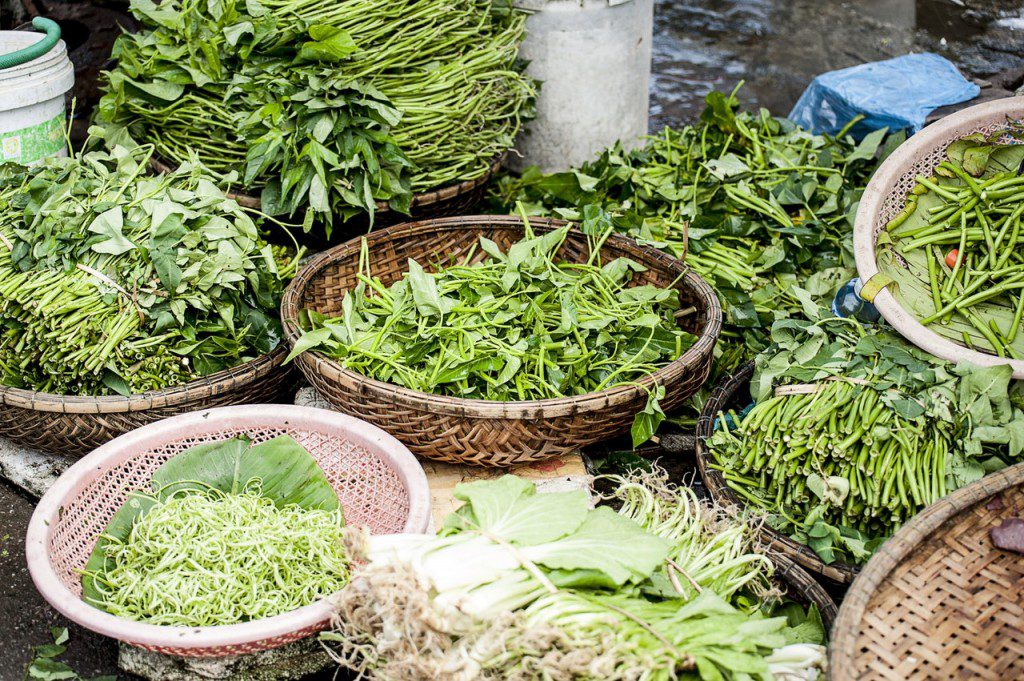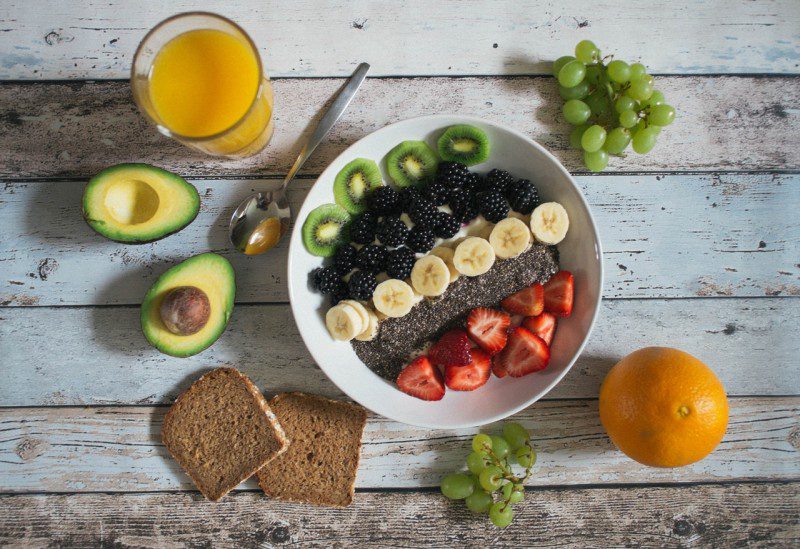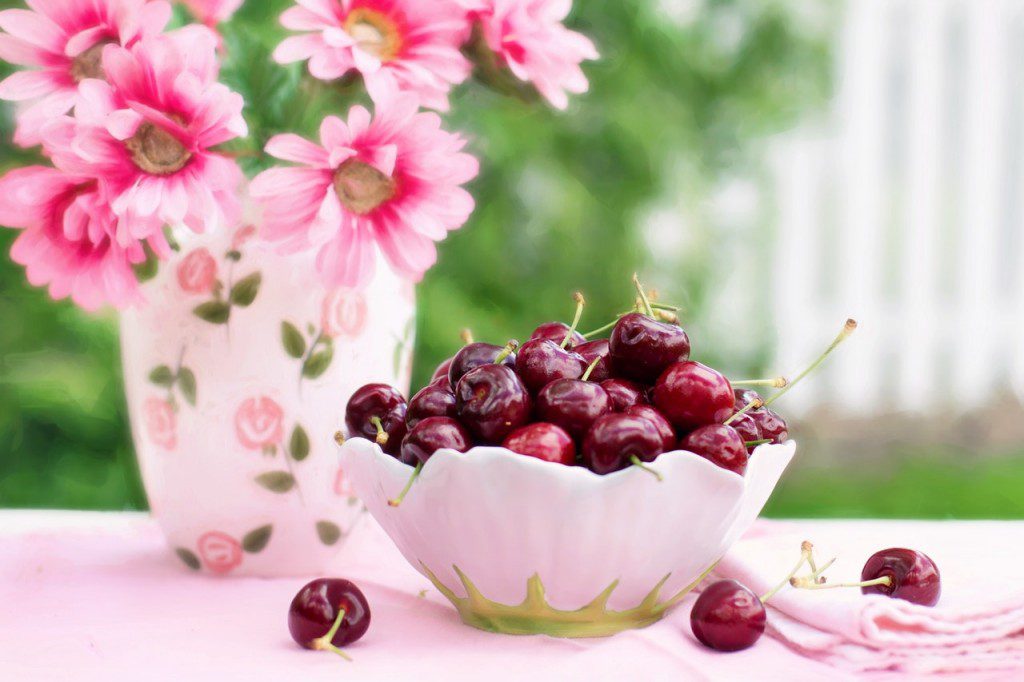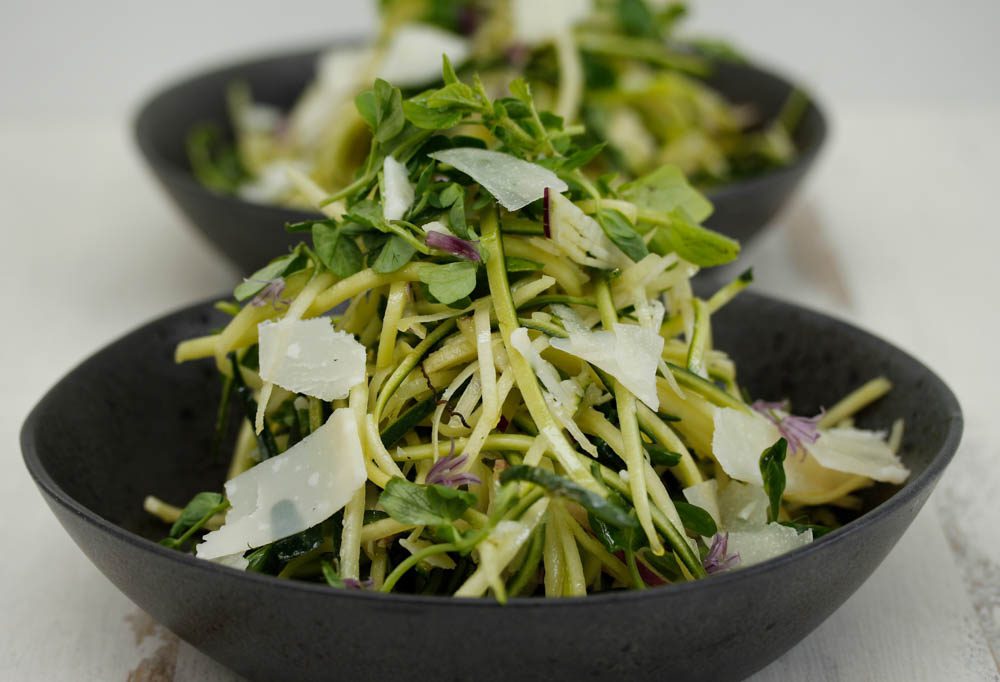Getting started with healthy eating is simple but not easy. So over the coming weeks, we wanted to break it down a bit into manageable steps. If someone asked you, I bet you would have a pretty good answer to “what is healthy eating?”. But of course, it’s not enough to just know what it is. We also need to put this knowledge into practice. This is when the struggle starts. To break it down into manageable steps, we created some simple tips for healthy eating. Let’s take a look first at where to source your food.
Tips for Healthy Eating: Where to start?
In short, healthy eating is about balance, colour and freshness. While you can interpret the latter in a multitude of ways, the basic framework is as follows:
- Plenty of fruit and fresh vegetables
- Some protein: animal and vegetarian/vegan-friendly
- Variety of maximum nutrients
- Balance: choosing a lifestyle that is realistic for you
Of course, when we look at the above, the question of where to source your food comes up. And this raises the topic of organic food and the high cost. We can’t argue, organic food is indeed more expensive. Why? Organic farmers are subject to very tight guidelines and monitoring around what they can and cannot do so there are reasons for the higher price. Some reasons:
- Organic farming requires a more hands-on approach.
- It’s expensive to provide animals with appropriate feed, shelter and open space.
- There are restrictions on antibiotics and weedkillers, and a higher risk of a bad crop/sick animals. More risk equals more cost.
- Overall, the farmer’s yield will be less than conventional farming. This means less stock to spread expenses over and this drives the cost of each item up a bit.
Should you buy organic? As the tips below explain, not necessarily! But it if you do decide, it doesn’t have to be expensive.
Here are five simple tips for healthy eating.

Shop the Perimeter
No matter what shop you get your groceries from each week, always shop the perimeter first and foremost. This is where you will find the most natural foods including fruits, vegetables, nuts, seeds and fresh meat and fish. From there look to pick with as few ingredients as possible. The rule of thumb is under 10 ingredients. For example, choose plain dairy yoghurt over flavoured. Add your own flavour with fresh or frozen berries.
You don’t have to buy Organic!
Becoming an Organic farm is a long and rigorous process. In fact, many farms are on the road or almost meet the criteria but still don’t have the official stamp. Going to local markets is a great way to find seasonal produce, support local producers and suppliers and also meet the farmers in person. This is also a fantastic opportunity to chat with them on how they raise/grow their food. So go, talk, meet and greet!
You can be selective!
The Environmental Working group has created to aid you getting started with organic. There are two lists which break down the most and least sprayed foods on the market every year. This is a big help to guide your buying choices. The clean fifteen is made up of foods which you can afford to NOT buy organic. It’s the other list to take note of. Try and get all of the dirty dozen foods Organic where possible.
The Dirty Dozen (i.e items to buy Organic) foods for 2017 are:
- Strawberries
- Spinach
- Nectarines
- Apples
- Peaches
- Pears
- Cherries
- Grapes
- Celery
- Tomatoes
- Sweet Bell Peppers
- Potatoes
- (Bonus) Hot Peppers
Reduce the food miles for Health!
Sourcing food outside of Ireland requires extra money. This can burn a hole in your pocket with any food, not just organic. In today’s society of plenty, where we can access anything at the touch of a button, it’s not surprising that we have this unrealistic expectation to have any food available to us all year round. This expectation only continues to fuel the mass farming and production.
When it comes to food miles, every minute your food is travelling, it is exposed to the elements and losing its nutrient value. The same applies to organic food. Variety is very important and eating seasonal produce maximises nutrients in a number of ways. For one, you get access to local food at a reduced cost. Second, seasonal food will have maximum nutrients due to minimal travel time. And third, often these foods are fresher and contain fewer toxins and preservatives given they have less distance to travel.
You will find the seasonal list of foods here (bookmark this page!) http://www.bordbia.ie/consumer/aboutfood/veg/pages/seasonalavailabilitychart.aspx
And aside from the nutrient content, buying local helps to support local farmers and is a benefit to our economy.
Stop going to the shop!
Why not grow it yourself? It’s easier than you think! Many forget that you always have the option to grow food at home. It can seem extremely daunting so start slow with some herbs and as you gather confidence, add more and more. Grow It Yourself Ireland is probably the best resource to get started. The same applies to other things too – just check out these ideas to make your own natural cleaning products with nothing more than some apple cider vinegar and lemon juice. You might be shocked at how simple it is. Even if you don’t switch 100%, using natural cleaning products for some things can make a big difference.
So there you have it – four simple tips for getting started with organic. As a consumer, if you want more organic food at cheaper prices, you need to create the demand. And to be fair we are doing just that – just note how big supermarkets are now providing more affordable organic food like Aldi, Tesco and Supervalu.













